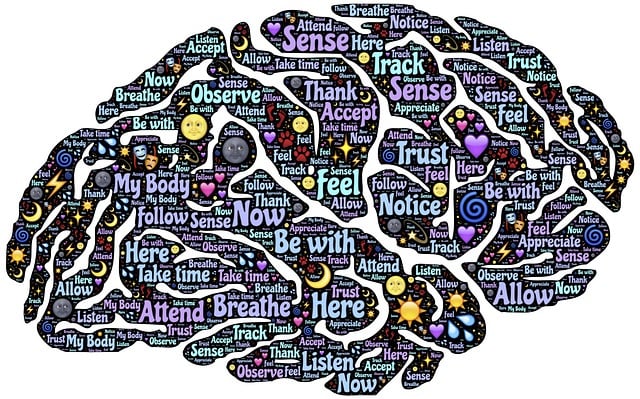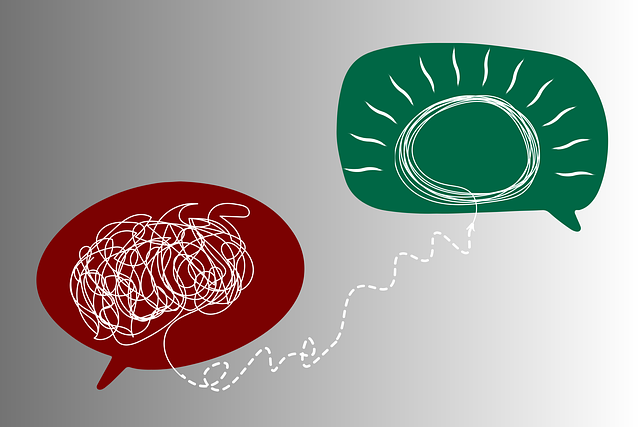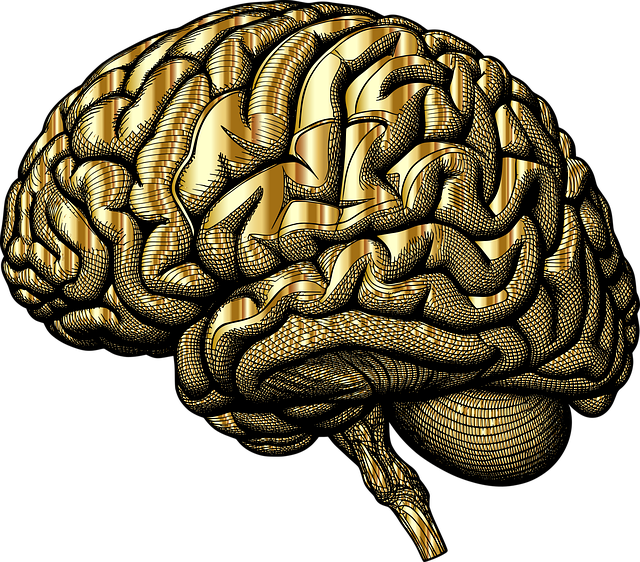Coping skills development is crucial for young children and men, who face unique challenges. For therapy for young children, deep breathing exercises to social skills training help express emotions and manage stress. Men's issues involve addressing societal pressures and normalizing mental health conversations. Mind Over Matter principles promote emotional understanding and thoughtful responses. Early intervention through tailored therapy equips kids with lifelong emotional management skills, supporting their well-being. At home, parents can teach healthy coping strategies like deep breathing and positive self-talk, encouraging open conversations about emotions to foster mental wellness and prepare for potential mens issues.
Coping skills development is a vital process, especially for young children navigating life’s challenges. Understanding and fostering effective coping mechanisms can significantly impact their emotional well-being. This article explores various aspects of coping skills development, focusing on why young children require these tools and how therapy techniques cater to men’s issues through coping strategies. We also provide practical tips for implementing these strategies at home, offering insights into enhancing mental resilience in young individuals and addressing specific mens issues via therapeutic interventions.
- Understanding Coping Skills Development
- Why Young Children Need Coping Mechanisms
- Therapy Techniques for Mens Issues Through Coping Skills
- Implementing Effective Coping Strategies at Home
Understanding Coping Skills Development

Coping skills development is a crucial aspect of mental health for all individuals, especially young children and men who often face unique challenges. Understanding these skills involves recognizing that they are the strategies people use to manage stress, overcome difficulties, and maintain emotional balance. In the context of therapy for young children, coping skills training can include simple techniques like deep breathing exercises or more complex social skills training to help them express their feelings effectively.
For men’s issues, coping mechanisms often require addressing societal expectations and promoting open dialogue about mental health. Public awareness campaigns play a significant role in development by normalizing conversations around emotional well-being. By integrating Mind Over Matter principles—the idea that our thoughts and perceptions shape our reality—individuals can gain a deeper understanding of their emotions and learn to respond to challenges rather than reacting impulsively.
Why Young Children Need Coping Mechanisms

Young children, despite their innocence and playfulness, are not immune to stress and emotional challenges. They experience a wide range of emotions just like adults, but often lack the vocabulary or cognitive ability to express them effectively. This is where coping mechanisms become essential tools for their overall well-being.
Developing healthy coping skills at a young age can help children navigate life’s ups and downs, providing them with a sense of control and emotional resilience. It empowers them to manage stress, regulate their emotions, and make sense of complex feelings. Therapy for young children, specifically tailored to address mental health issues, can play a pivotal role in teaching these skills. By incorporating activities that encourage self-expression, mindfulness, and problem-solving, trauma support services can foster Mental Health Awareness and equip children with effective stress management techniques, serving as a foundation for their future emotional health.
Therapy Techniques for Mens Issues Through Coping Skills

Many men struggle with expressing emotions and seeking help, which can make coping with issues a challenge. Traditional therapy methods often need adaptation to cater to male clients’ unique needs. Techniques such as mindfulness meditation and mood management strategies have proven effective in therapy for young children and adults alike, helping men develop healthy coping skills. These approaches encourage emotional awareness and provide tools to navigate stress, anxiety, and even depression.
Crisis intervention guidance is another vital aspect of supporting males dealing with mental health crises. Therapists can teach men techniques to remain calm and make sensible decisions during challenging situations. By integrating these therapeutic methods, professionals can effectively assist men in managing their emotional well-being, fostering a sense of resilience, and improving overall mental health.
Implementing Effective Coping Strategies at Home

Implementing effective coping strategies at home is a powerful way to support young children’s mental health awareness and overall development. Parents and caregivers play a crucial role in teaching kids healthy ways to manage stress, anger, or fear. Therapy for young children often includes simple yet effective techniques like deep breathing exercises, positive self-talk, and visualisation. These practices can be incorporated into daily routines, such as bedtime stories that promote relaxation or morning discussions about plans to tackle the day’s challenges.
Mentally preparing kids for various situations helps them build resilience, a key aspect of mental wellness podcast series production. Encouraging open conversations about emotions and providing age-appropriate explanations of stressful events can significantly contribute to their mental health education programs design. By fostering an environment where sharing feelings is normalised, children develop essential coping skills that will serve them throughout their lives, addressing not just the present issues but also mens issues that may arise in adulthood.
Coping skills development is a vital aspect of mental health, especially for young children and those facing mens issues. By understanding and implementing effective coping strategies, such as those learned through therapy for young children with mens issues, individuals can navigate life’s challenges more resiliently. The techniques discussed in this article offer practical ways to foster adaptability and emotional well-being, ensuring a brighter future for both children and adults.








